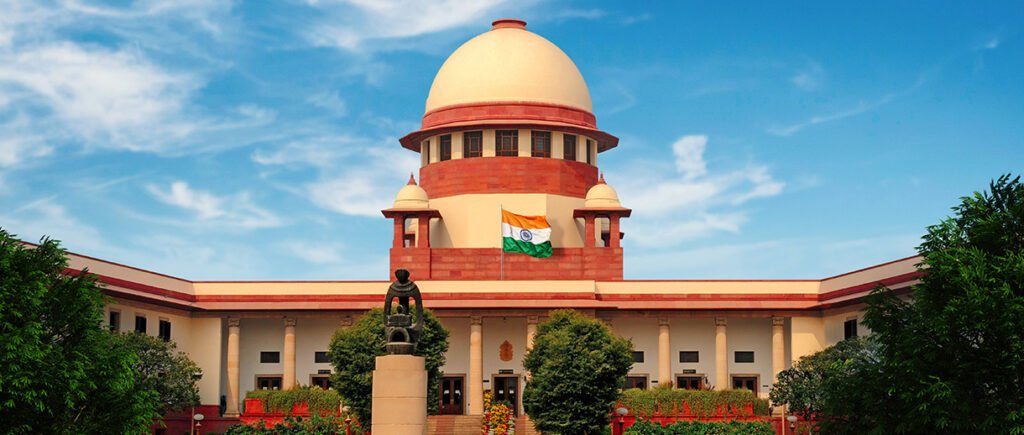
Thereafter, the elder sister of the respondent applied for appointment on compassionate grounds. However, the application was rejected vide communication dated 18th August, 2011 on the ground that she could not be granted appointment on compassionate grounds that she was married.
On February 26, 2013, the state of Maharashtra issued a circular stating that employment is to be provided to the legal heir of the deceased government employee and one of the representatives on compassionate grounds.
Thereafter, the present respondent, who is the younger married daughter of the deceased employee, applied for compassionate appointment on 12th March, 2013. However, this was quashed through an order dated April 23, 2013.
After two years of rejection, the respondent filed an application before the tribunal for appointment on compassionate grounds. This application was allowed vide order dated 24th March, 2017 directing to consider the case of the respondent for appointment on compassionate grounds. The High Court upheld the order of the Tribunal, which was appealed in the Apex Court. The Supreme Court relied on its judgments in Karnataka in the cases of Director Treasurer & Ors vs. V Somayashree (2021) and NC Santosh vs State of Karnataka (2020), in which it had summarized the principle governing the grant of appointment on compassionate grounds. On the basis of, that is, to enable the family to overcome the sudden crisis.
Accordingly, the Court was of the view that appointing the present respondent on compassionate grounds would be contrary to the objects and objects of compassionate appointment.
“Applying the law laid down by this Court in the above judgments to the facts of the case, appointing the Respondent now on compassionate grounds would be contrary to the object and object of the appointment on compassionate grounds. The Respondent cannot be said to be a deceased employee, i.e. dependent on her mother. Otherwise, she would not be entitled to compassionate appointment after several years of the death of the deceased employee,” the court said.
Written By: KARAN SURI




0 Comments